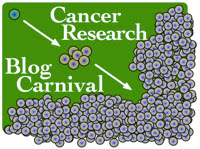The currently inactive hardware is a pulse oximeter which, as previously mentioned, enables the noninvasive measurement of blood oxygen content. You may recognize a pulse oximeter as the red light that is clamped onto a patients finger in a hospital.
If the FDA approves the device for any medical application the implications would be interesting. The amount of health related data that could be collected would be enormous, and would likely reveal some interesting and unexpected correlations.
I'm somewhat unclear as to the range of potential applications for the individual user. The pulse oximeter seems to have applications in an acute medical setting, but I'm not clear on the usefulness in an everyday setting. It may have applications for analysis of sleeping disorders, chronic disease, or for serious athletes doing high altitude training, but otherwise I'm not sure of its utility. Could it be useful for alerting care givers to out-patient emergencies? Perhaps the use of the device will become apparent once deployed on a large scale and everyday activity data is collected.

 Podcast
Podcast




4 comments:
Post a Comment